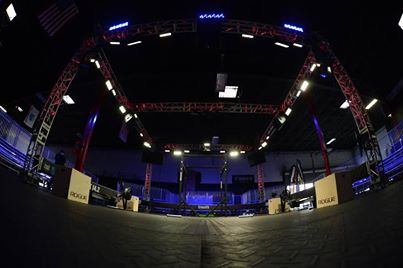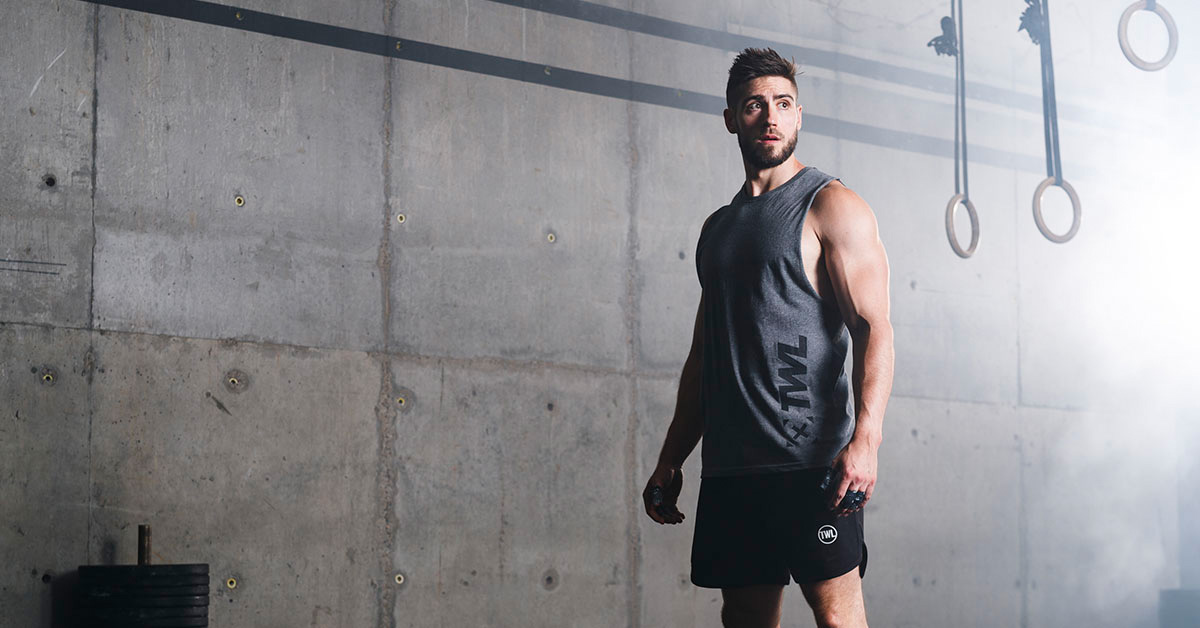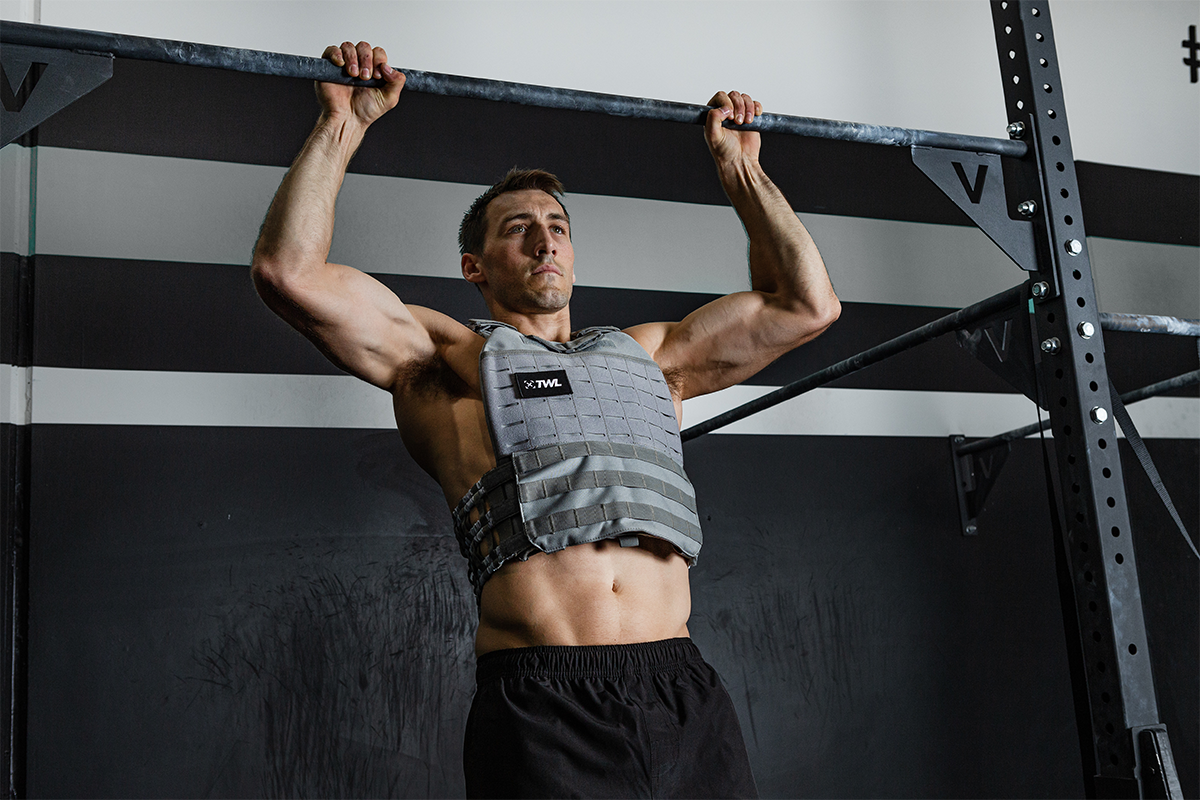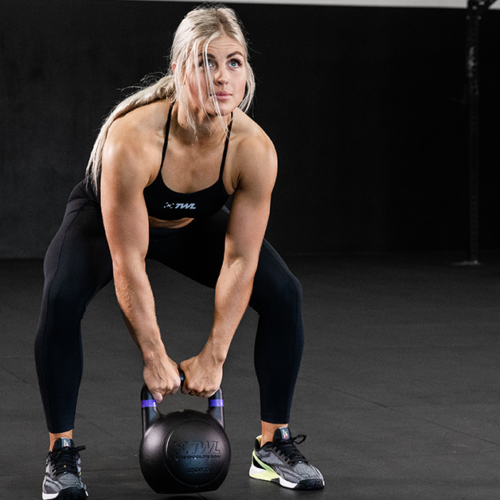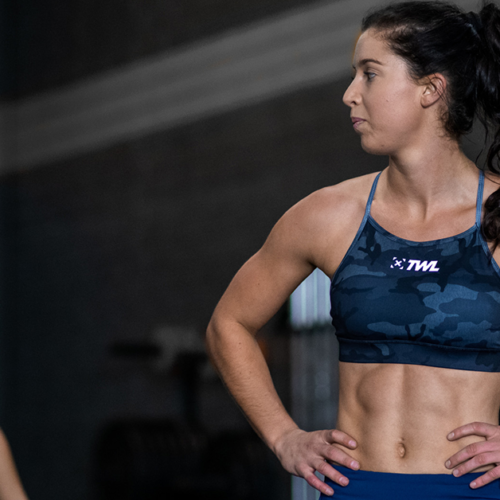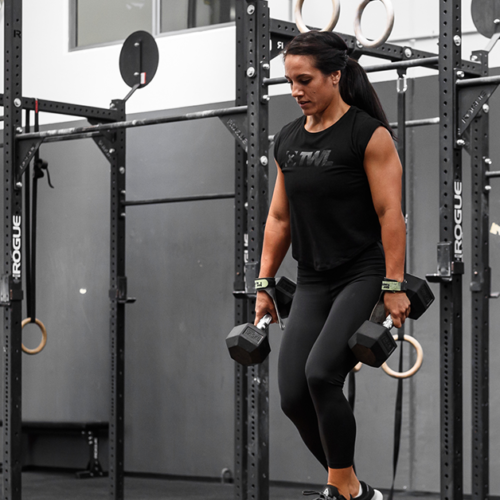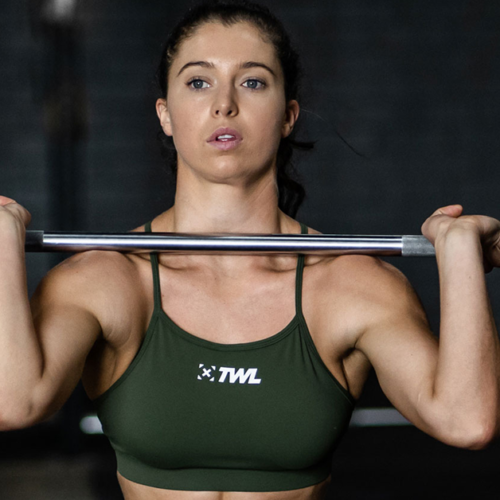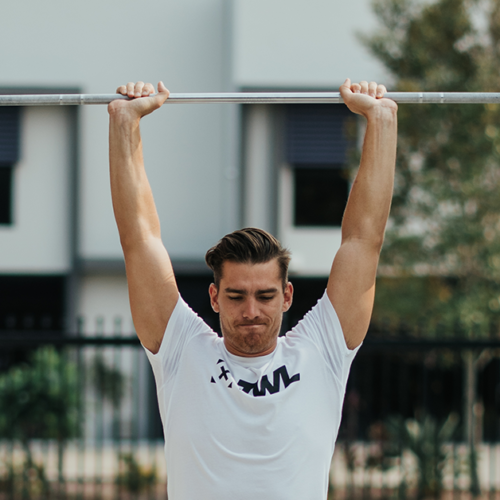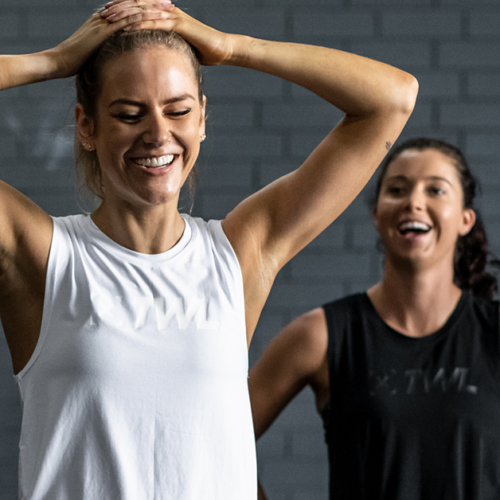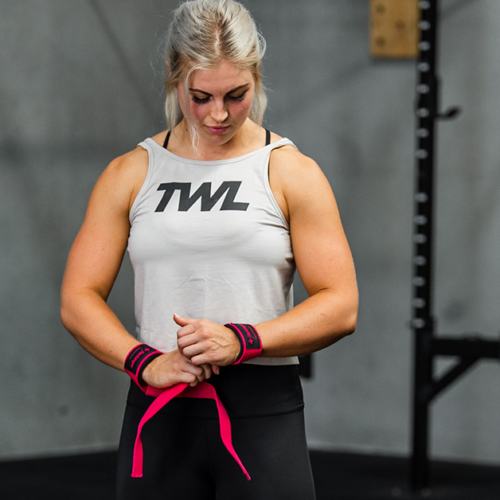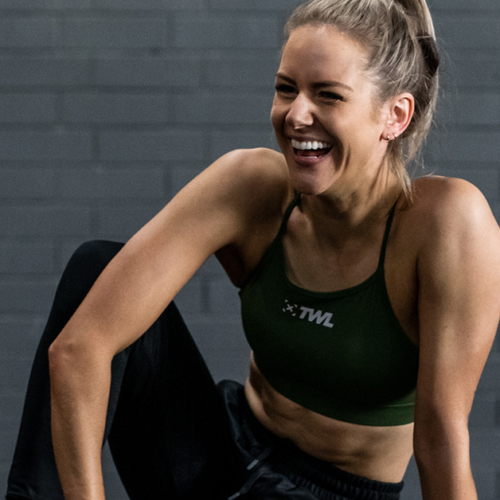CrossFit HQ has announced Workout 14.2!
Workout 14.2 is a demanding, high-volume workout that tests two complex movements: the chest-to-bar pull-ups and overhead squats. It’s clear that HQ is looking for the fittest of the fit this year! The workout consists of two rounds of overhead squats (OHS) and chest-to-bar (C2B) pull-ups every three minutes. As the time increases so does the number of repetitions. Check out the workout below:
Complete the following every three minutes for as long as possible:
From 0:00-3:00
2 Rounds of 10 OHS, 10 C2B Pull-ups
From 3:00-6:00
2 Rounds of 12 OHS, 12 C2B Pull-ups
From 6:00-9:00
2 Rounds of 14 OHS, 14 C2B Pull-ups
Follow the same pattern until you fail to complete both rounds.
Men: 95 lbs / 43kg
Women: 65 lbs / 30kg
Masters Men: 65 lbs /30kg Chin over bar pull-ups
Masters Women: 45 lbs / 19kg Jumping chest-to-bar pull-ups
Visit the CrossFit Open page for more detailed information about the workout standards.
Though this workout looks daunting, we know our readers will crush it! The WOD Life wants to make sure you perform your best on 14.2, so we’ve put together a list of tips and tricks to help you out.
Before the workout…
• There is no substitute for a good warm up. This workout challenges the same muscle groups that we worked last week – your shoulder girdle, thoracic spine, hamstrings, and hip hinge. With both of these movements, mobility and flexibility is key to enduring multiple rounds. Your warm-up should consist of about ten minutes of cardio and a solid set of dynamic mobility moves. We suggest hopping on a rower and erging, as this will work your ankle and wrist range of motion and simulate the pulling phase of the C2B pull-up. Perform multiple shoulder pass-throughs standing and in a full squat, open your hips with some deep wall squats, and work up a light sweat. You don’t want to be warming up during the first few rounds of your workout.
• Take care of your hands. They are essential to a good 14.2 performance. If you have pre-existing callouses, wounds, or friction points (especially from last week’s Open workout) make sure you prep them before the workout. Callouses should be shaved down, wounds should be taped up, and any portion of your hand that may act as a friction point should be covered.
During 14.2…
• Know your body. How you attack this workout will be different depending on what type of athlete you are. You should be familiar enough with your body’s capacity to understand what it is capable of. If your strength is endurance, plan for longer sets paired with an equal amount of rest; if your strength is power, plan for rest periods in between smaller sets of work. For those of you lucky enough to have amazing anaerobic capacity, you should plan to knock out a full set as fast as possible and rest in the remainder of your time.
• Efficiency is key. You want to do as many overhead squats as possible without dropping the bar. Each time you drop the bar is an extra snatch or clean you need to do to return it to the overhead position; you have the potential to waste both precious time and energy if you drop the bar too often. Instead of bringing the bar back down to the ground when you tire in the overhead position, bring it to the back rack position and rest. Then, jerk it up to return it to the overhead position.
• Good form is critical. The importance of being able to stabilize your body during your OHS reps can’t be overstated. Remember the basics: bar above the heel during the entire movement; feet shoulder-width apart; arched back during ascent and descent; upright torso throughout the movement. Avoid muscling through the movement, as this will fatigue you quickly. Instead, utilize your musculoskeletal system as the basis of support for your lifts – relying on your skeleton, muscles, ligaments, tendons, and connective tissues as a whole to stabilize yourself. For more tips on OHS, read this great article from Tabata Times.
Check out Carl Paoli’s Video on Overhead Squat and Chest to Bars:
And more in depth movement analysis on the Chest to Bar’s from 13.5:
• Set a pace; use the first round to get your nerves out. This is a high-volume workout that is going to require the physical capacity to endure multiple rounds of increasing work. Setting a pace in the beginning of your workout will ensure you don’t burn your body out right away. Establish a solid working rhythm in your first set that will help you avoid going too fast and conversely, getting left behind. Think consistency!
• Plan your transitions. Commit to a certain transition pace and use these periods to recover. Take two to three deep breaths before you switch movements. Use these moments to focus and center yourself. Regardless of what happened in your last set, don’t dwell on your performance. Just focus on the next task at hand and keep moving!
After the workout…
• Take care of your hands… again. Treat any tears, rips, or injuries. Your hands will be the limiting factor in your performance during this workout, and if you hope to attempt 14.2 again, you will need to make sure that your hands are healthy enough to give it another go.
• Hydrate. It’s simple enough: hydration is key for a speedy recovery. Drink up!
• Learn from your workout. Good CrossFitters are constant learners. 14.2 is just another opportunity to develop yourself – after all, hands-on learning is the best type of learning!
Our friends at Barbell Shrugged produced this helpful video that is full of advice for 14.2. Check it out!
Brian MacKenzie from the Athlete Cell on strategy and warm-ups:
http://www.youtube.com/watch?v=wT_PYbkLQ7Q&feature=youtu.be
Good luck to all of The WOD Life Crew! We’re excited to see your scores on the leaderboard!

